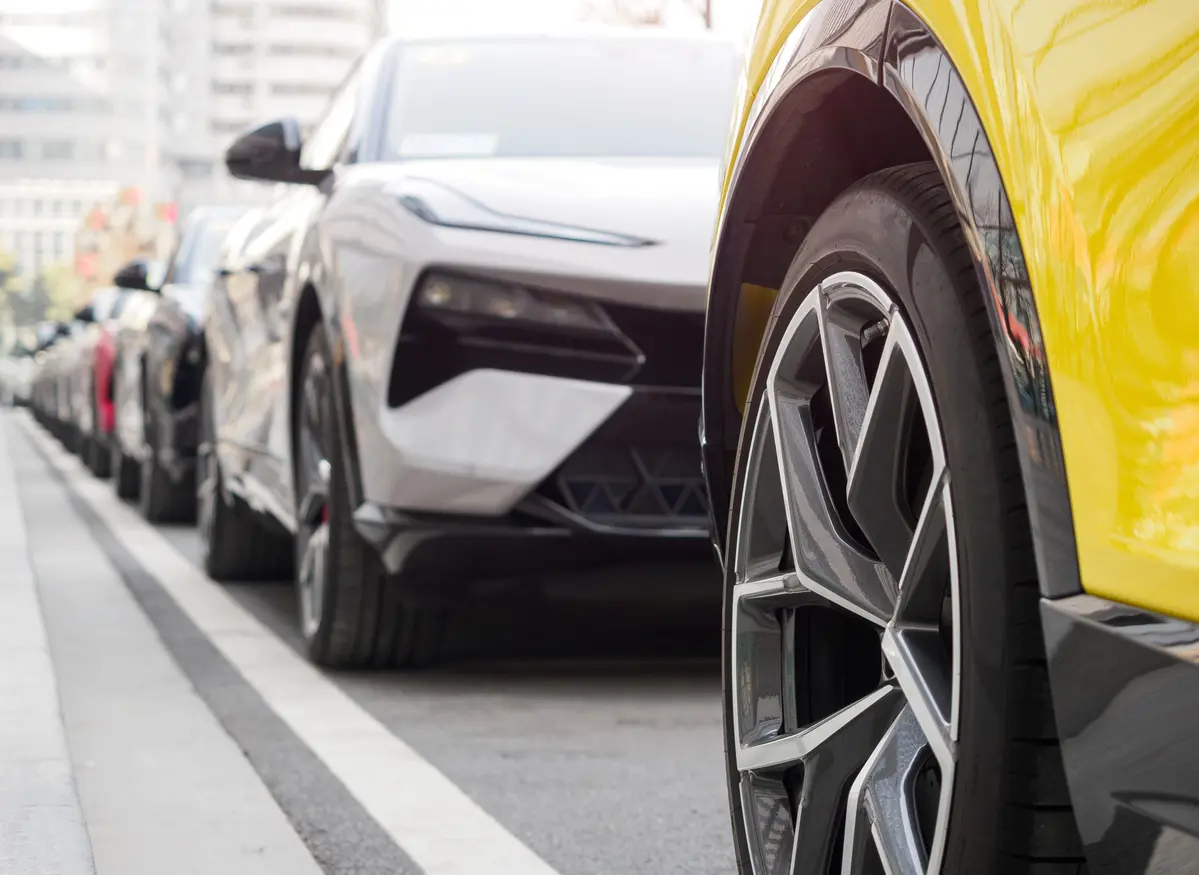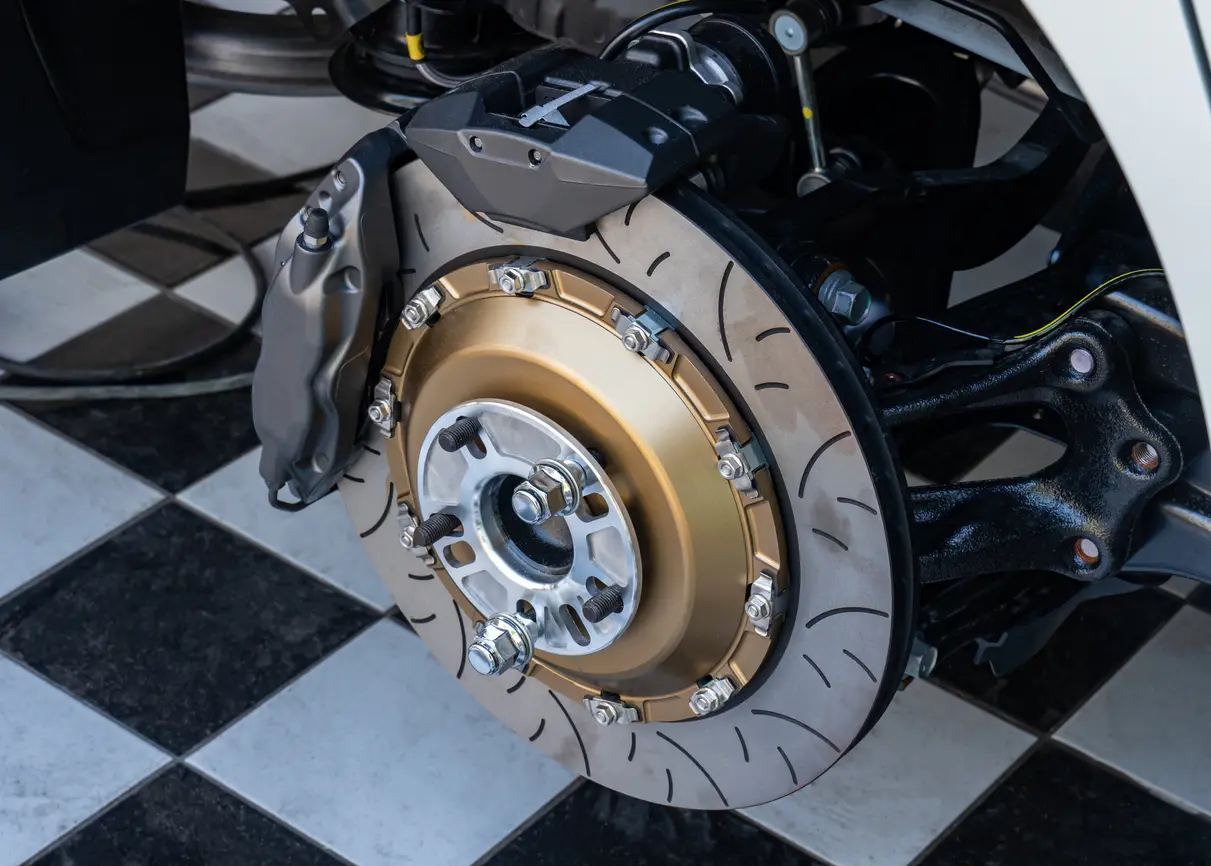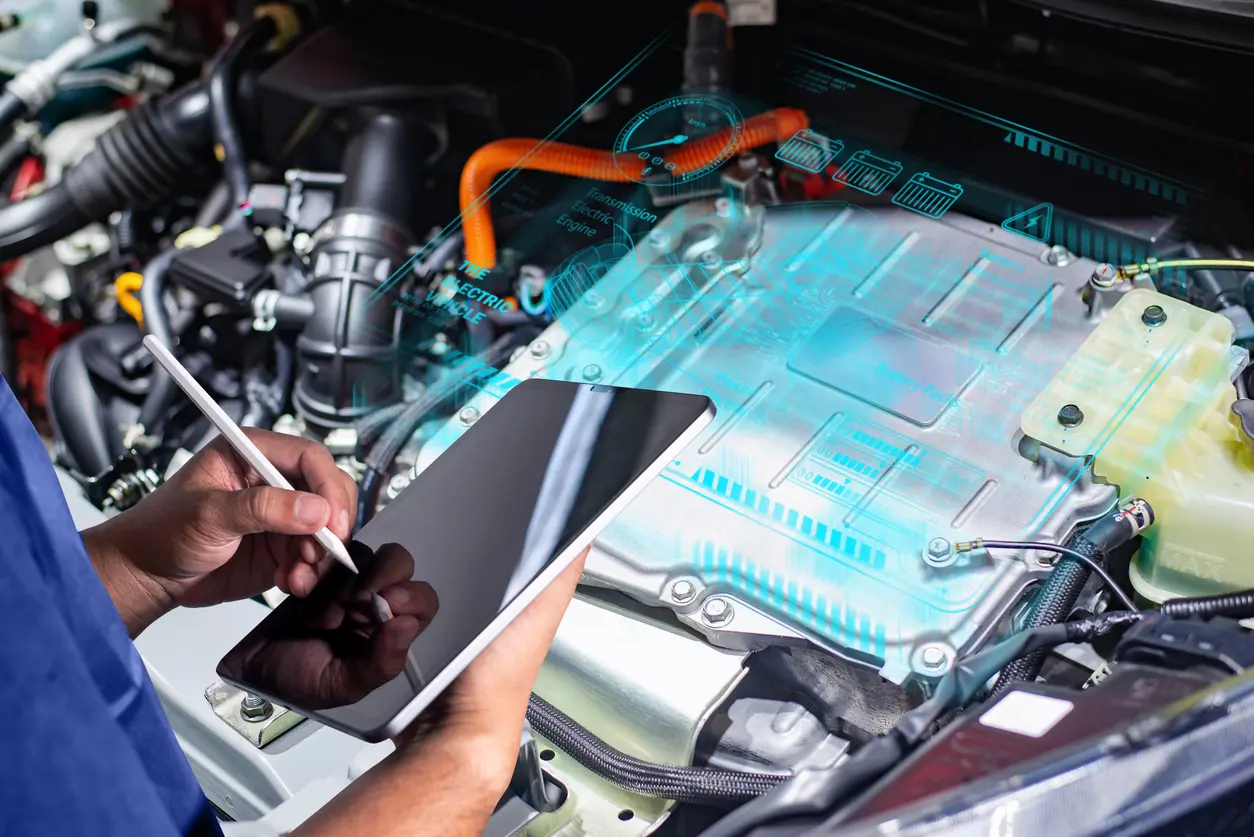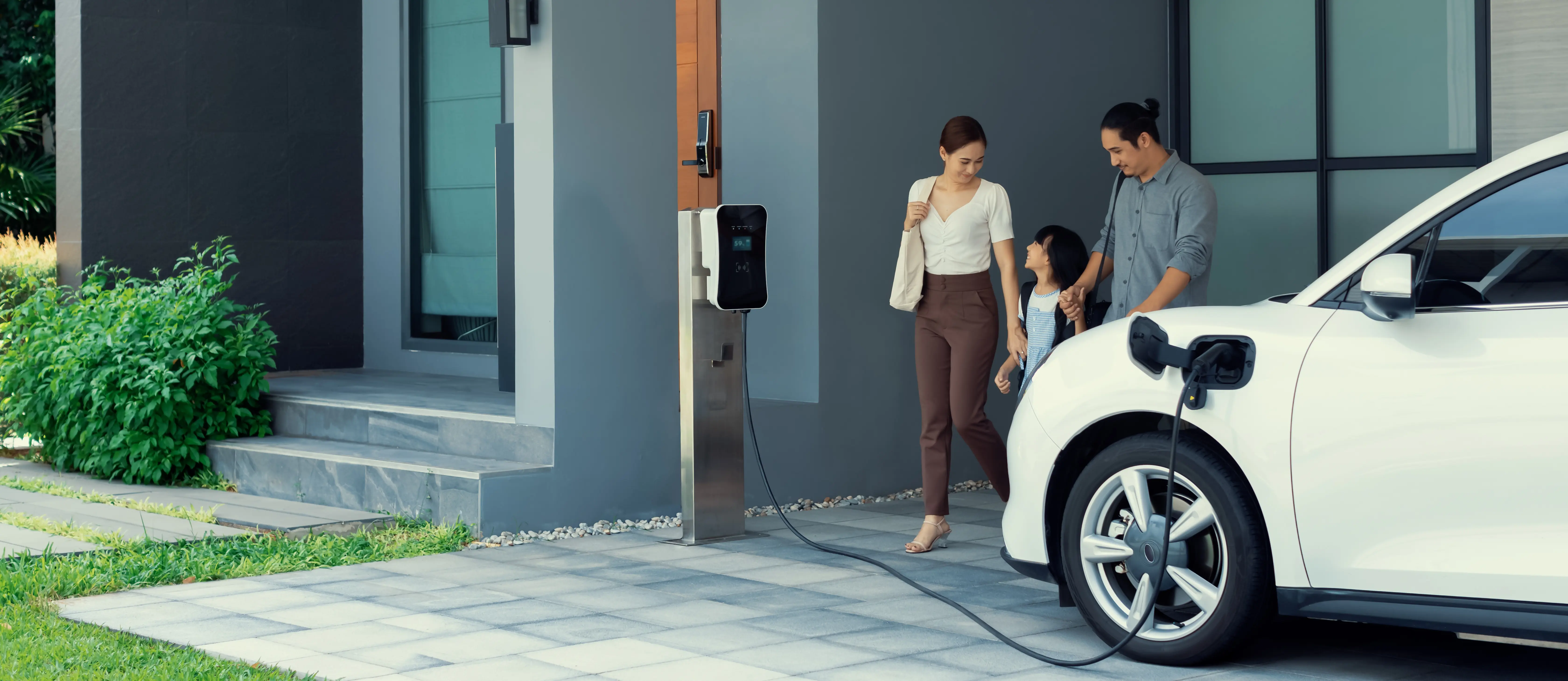What Is a Pre-Purchase Inspection?
A PPI is a detailed assessment of a second-hand vehicle. It not only gives you an overview of the vehicle today but also uncovers issues from its history. A PPI determines a car’s true resale value by exposing its estimated depreciation and any repairs you may need to take on as the new owner.
Why Does an EV Need a PPI?
Although they have fewer moving parts, EVs still require regular maintenance. They also get into accidents. A PPI can help you avoid overpaying for a vehicle that hasn’t been properly maintained or repaired.
Have the PPI conducted before you complete the sale. Sometimes, the sale can be contingent on the completion of a satisfactory PPI. Common conditions to a PPI include a non-binding offer to purchase and a refundable deposit.
Our NexDrive experts are certified to carry out this inspection, and they know exactly what needs to be checked on a used electric or hybrid vehicle.
Collision Damage
Checking for signs of collision in an EV before you buy is crucial.
Body panels and other structural elements of some EVs comprise aluminum, which is very costly to repair. And some electric vehicles are declared a "total loss" following an accident because of battery damage. A PPI can highlight these potential damages and give you valuable information about the vehicle you’re considering.
Battery and Charging System
The battery is the most expensive component of an EV. Battery degradation can be caused by rapid or too frequent charging and the battery’s thermal management. During the inspection, our NexDrive experts will check the state of charge, capacity degradation, and cell balance.
The state of charge shows the amount of energy remaining in the battery, while capacity degradation measures the reduction in a battery’s maximum energy retention capacity. Cell balance refers to the maintenance of uniformity among the different cells in the battery pack.
Mechanical Inspection
Checking the condition of bellows, seals, and driveline components during the PPI will ensure that no component is susceptible to failure.
The other mechanical components of an EV are virtually the same as those in a gas-powered vehicle. For example, the suspension and bearings need to be inspected–they may even wear out faster since EVs are heavier, which puts greater strain on suspension and transmission components.
Brakes
Because of regenerative braking, EV brakes are not used as often. Lack of brake maintenance, especially in cold, damp environments, can poorly impact braking systems. If the car has been driven in a snowy region, salt and calcium will speed up the corrosion of the system, which can lead to costly repairs.
How Much Does a PPI Cost?
The price of a PPI will vary by location and vehicle type. In Canada, the fee will probably be between $100 and $200. The cost of a PPI is typically the potential buyer’s responsibility, but some dealerships and private sellers will pay it for you.
Why Do EV Inspections Require Special Expertise?
EV component inspection must comply with specific safety standards. For example, certain high-voltage components can only be checked and maintained by highly trained technicians.
NexDrive has the most demanding certification program in Canada. At your local NexDrive centre, you’ll receive the best specialized services and unparalleled expertise during your PPI while keeping the manufacturer's warranty of your vehicle intact. Contact your local NexDrive service centre to schedule a PPI.
Other Resources

Why do electric car tires wear out so fast?
EV tires experience increased tread wear because of instant torque and unsprung weight. Learn why electric vehicles lead to worn-out tires and how to extend the lifespan of EV tires with proper maintenance.

Why regenerative braking is bad for your brake pads
Regenerative braking improves energy efficiency, but can cause brake pad issues because of reduced mechanical brake use. Learn how to maintain your brake system and prevent costly repairs in this article.

Does an EV need regular general maintenance?
Although EVs require less maintenance than gas-powered vehicles, they still need regular care. Learn about battery health, brake maintenance, and more here.
